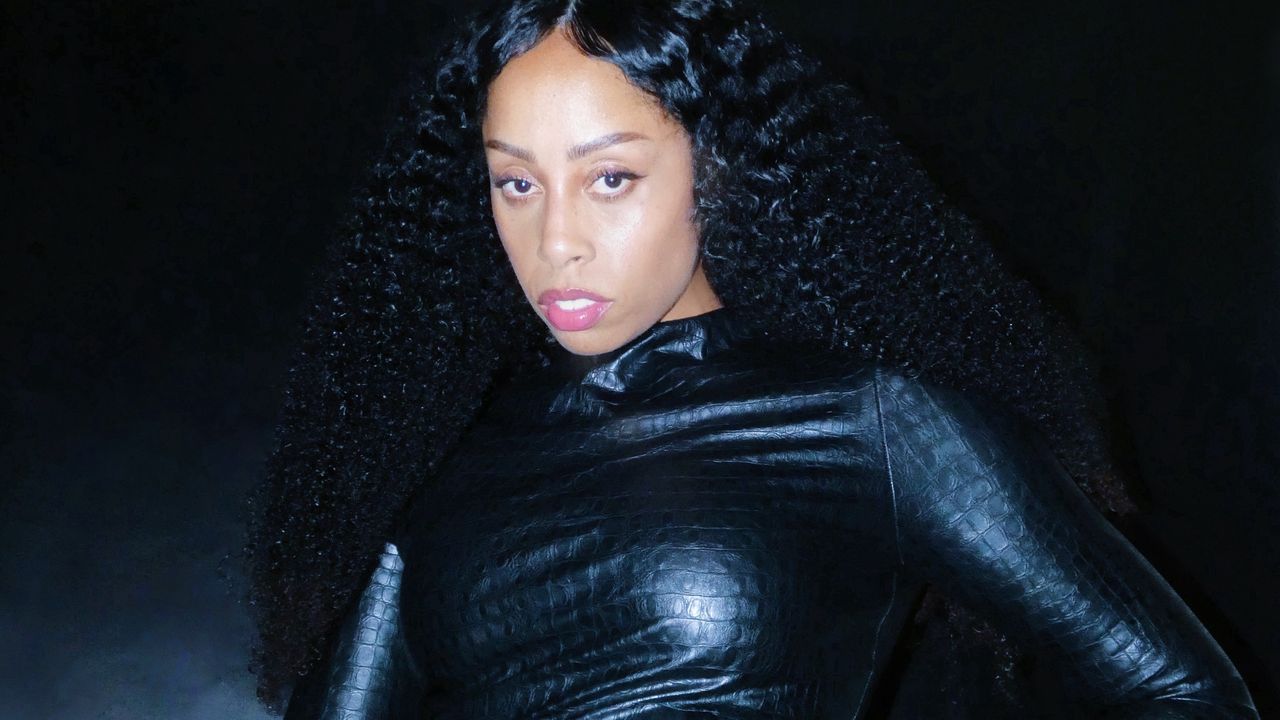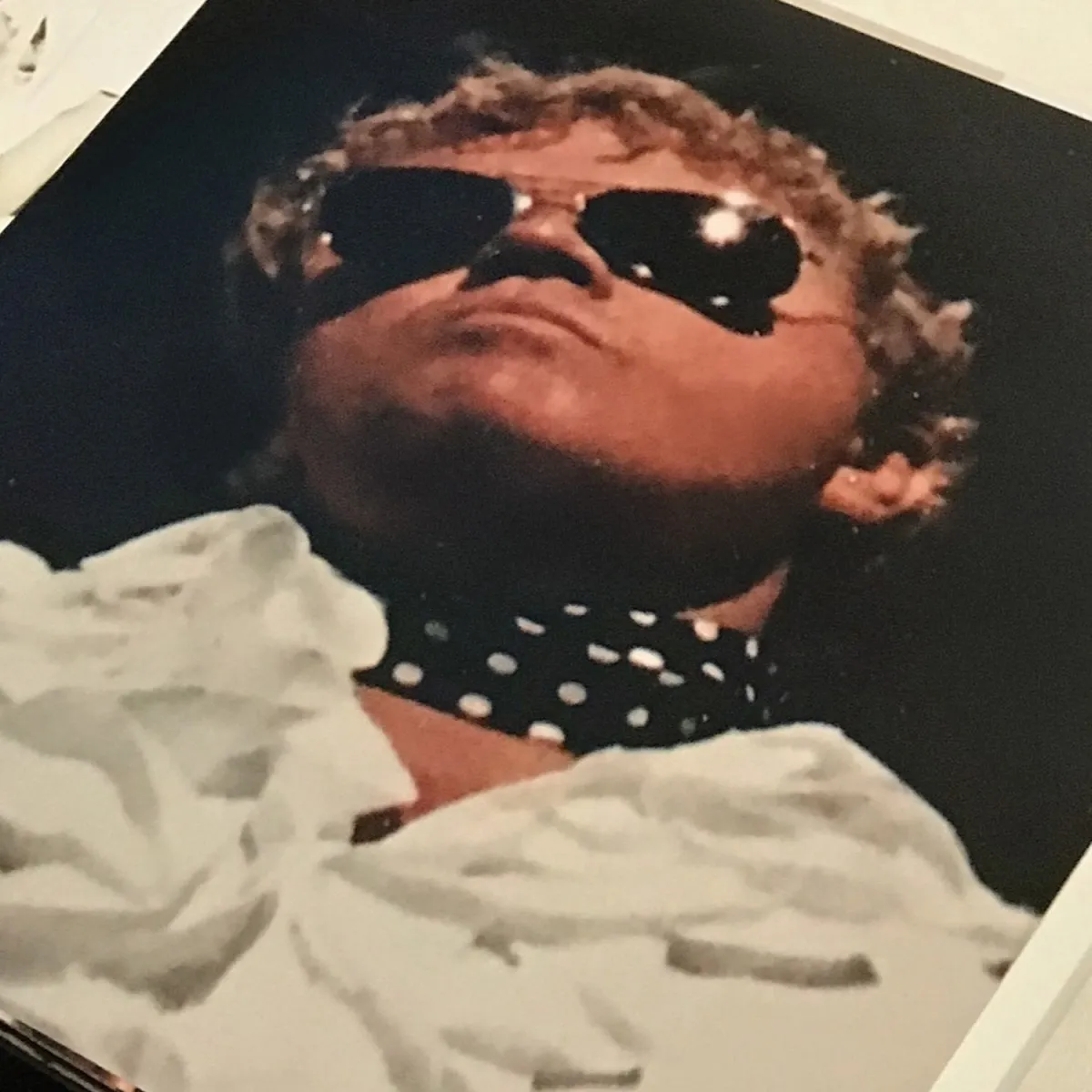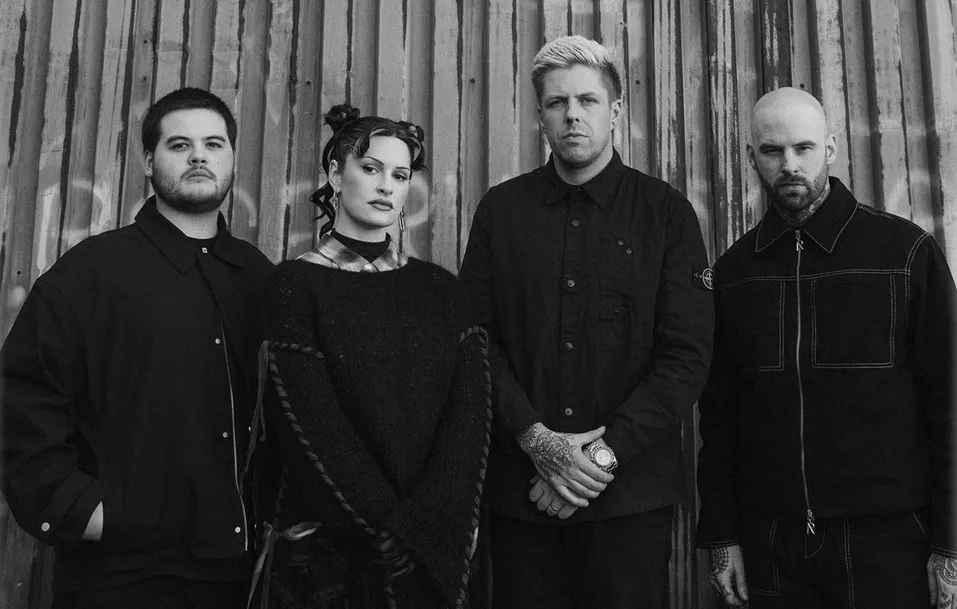K-Pop New Year’s Resolutions: 10 Things I Want To See Happen In 2022

It’s the new year!! 2021 was a real mixed bag, but I’m optimistic about 2022. For my first post of the year, it’s time to look at some humble wishes for the K-pop industry. I apologize if this comes across as more of a rant than a celebration, but you know how I can be.
Here’s to another jam-packed K-pop year!
1. Comebacks and Stages that Feel Genuinely Fun
This is a last-minute addition, but it crystallizes so many of my 2022 K-pop wishes. This thought came to me last night while watching K-pop’s MBC Gayo and immediately following it with Johnny’s (J-pop agency) Countdown. The difference was so striking. While so many of the K-pop performances felt stilted and humorless, the J-idols were just goofing around and mugging for the camera and genuinely having a good time. In other words, it felt like a festival.
This is what I’d like to see more of from K-pop. It’s so much more entertaining to watch a group genuinely enjoy themselves than watch an act scowl and posture and try to look badass in a hyper-rehearsed way. This is probably a change in my own preference, but I would love if the industry gave K-pop idols a chance to loosen up a little. Perfection is boring and a little disengaging. I want to see performances that take advantage of idols’ genuine charisma rather than a carefully constructed façade.
To do this, K-pop songs also need to lighten up. I’m not talking about incessantly bright material – just material that has room to breathe and isn’t so tightly constricted. This goes against a lot of the aspects that made K-pop popular in the first place, but I do think we’re at a point where the industry needs this shift in tone and expectations.
2. Lasting Producer/Artist Partnerships
More than ever, K-pop comebacks feel like a revolving door of production credits. The same handful of names are plastered on the majority of tracks. Producers move from one artist to another at the drop of a hat, creating an environment where every group starts to sound the same.
If we can learn anything from the successes of 2021, it’s that a producer-artist partnership is vital. Look at ONF’s incredible output with Hwang Hyun. All the songs were a bit different, but since they spawned from the same visionary they fit together naturally. I want more of this for K-pop idols. Right now, the industry’s hodgepodge approach makes it difficult to anticipate comebacks from anyone. There’s no sense of trust or reliability.
3. No. More. Shouting.
I’m so tired of songs shouting at me. This happens most often during the chorus, but can pepper verses as well. The urge to shout-sing rather than… well… sing, made me lose a lot enthusiasm for girl group material in 2021. But, boy groups are equally at fault. Sometimes I think K-pop feels the only way to “go hard” on a track is to shout and bluster your way through it.
I have my own theories about why this approach has become so popular. They’d probably piss off a fair amount of stans, so I’ll keep them to myself. But, I wish the industry didn’t undersell the potency of a fully sung chorus. Shouting discourages melody – and you know I’m all about melody.
4. Onomatopoeia No No
This is a direct companion to K-pop shouting. Can we stop it with all the “Bum dum dum” “Ta ta ta” “Wagi momo dodo” title tracks? I understand these nonsense onomatopoeia words effectively bridge the language barrier in an industry that’s increasingly global, but they simplify songs way too much and often result in the kind of sing-talk (or sing-shout) that drives me crazy. At worst, the affectation infantilizes the idols themselves.
5. An Exciting New Crop of Rookies
2021 was pretty lackluster when it came to rookies, though things did perk up at the tail end of the year. This year, I’m hoping for a new crop of acts that emerge with their own sound and energy. This would give 2022 a welcome shot in the arm.
6. Cut it with the Competition
I’m so tired of K-pop competition. Yes, we all want to see our favorites do well, but the hobby has somehow turned into a game (or death match). Who can sell the most albums? Who can garner the most streams? It sparks awful fan wars, inspires the worst in people and ultimately blunts the importance of the actual music. Can we all just tone it down a bit in 2022 and tweet about how much we love a song rather than how many YouTube views it gained in its first twenty-four hours? Most of these achievements have long since lost their luster anyway.
7. The Return of Classic Producers
I feel like I’ve already included this resolution in past years, but it bears repeating.
Brave Girls’ 2021 resurgence was one of the year’s biggest triumphs, but so was the return of their producer Brave Brothers. With “retro” still in full bloom, why not mine K-pop’s own history? Where are Sweetune, Duble Sidekick, E-Tribe, Nam Gisang, Shinhye and others? If we’re not going to get a ton of new distinct voices behind the scenes, we could at least do with some of their expertise.
8. Big Songs that Stay Big
You know me. I love a big, bombastic track. Lately, it feels like K-pop doles out the bombast in fits and starts, resulting in songs that feel disjointed. I’m not saying every track has to be a big club anthem that goes hard across its entire running time, but we could have a handful of those in 2022, right?
9. The Return of Cheering Songs (ie: less “I,” more “You”)
I love cheering songs – big, gregarious tracks that push the listener to seize the day and get things done. K-pop used to have more of these – especially from girl groups. But, the focus of title tracks has narrowed its subject matter and too many songs are simply vehicles for bragging about how cool or edgy their artist is. I challenge producers to take the “I” and “me” out of the equation and write some material directed to the fans and general public. We all need the encouragement these days, and idol groups are the perfect conduit. Just ask Japan. They’ve mastered the format.
10. Loving More “Big” Groups
This one’s specific to me. I really want to fall in love with songs from K-pop’s biggest groups. These are the groups who perform on all the special shows and suck up most of the oxygen when it comes to K-pop discourse. It’s been a while since I’ve loved their output, which makes me feel a little dissociated from the K-pop trends. My faves tend to be a bit more under-the-radar these days, which is fine. But, sometimes I feel like I’m sitting at the kiddie table while everyone else is having fun at the main event.
Original ArticleTop Categories
Recent News
Daily Newsletter
Get all the top stories from Blogs to keep track.




